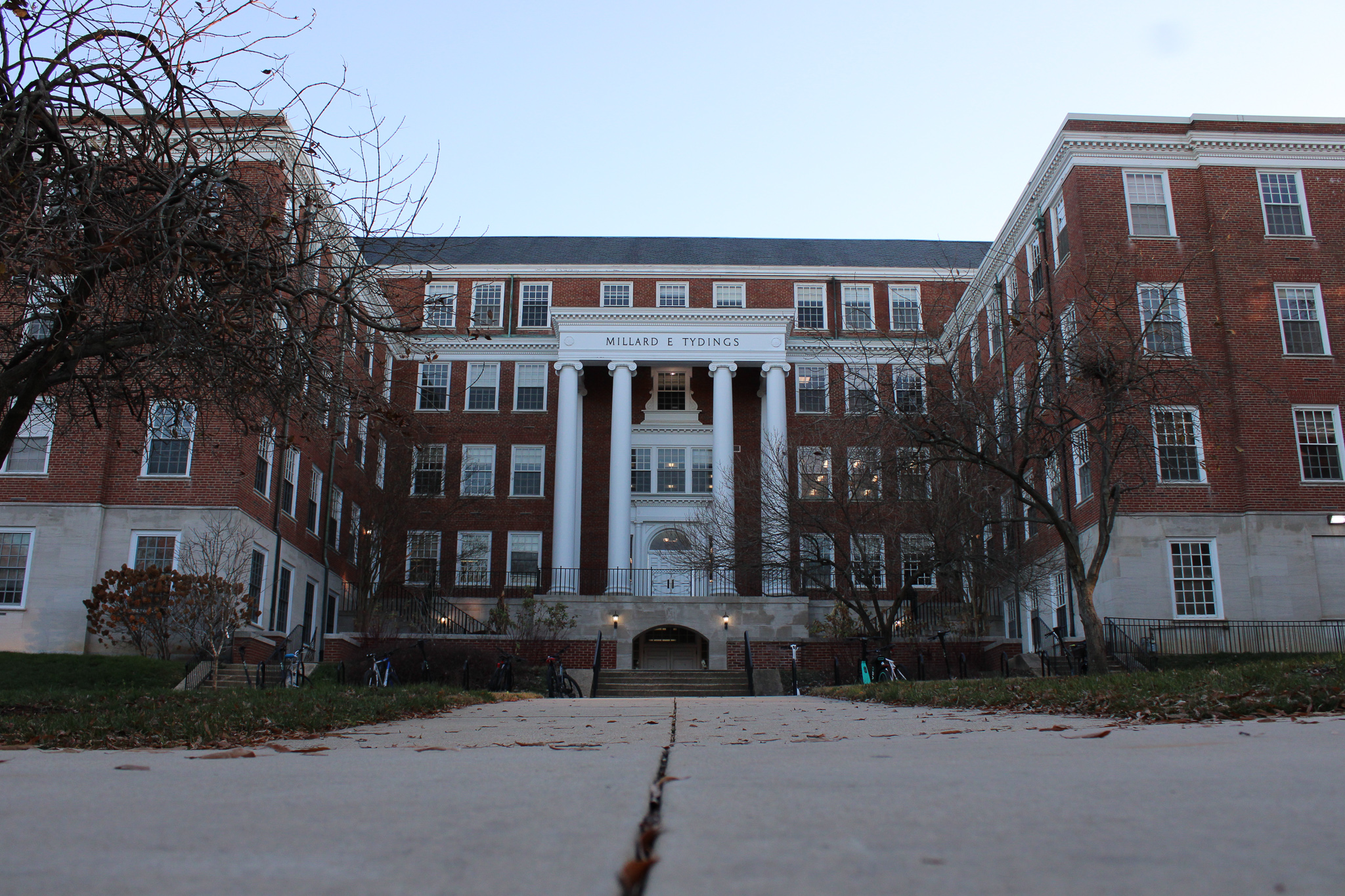Views expressed in opinion columns are the author’s own.
President Darryll Pines and I both think that connection fosters Terrapin pride.
Which is a shame, because just as football fans that drift out of the stadium halfway through games should be more connected to our football team, this university’s students could be more connected to insights from other fields.
I’m not saying we don’t already have lots of interdisciplinary learning opportunities. We’ve got flashy shiny programs like the Hinman CEOs as well as underrated ones like the environmental science and policy program.
However, this school could do a lot better at informing students — especially undergraduates — about these interdisciplinary opportunities.
Speaking from my experience in the behavioral and social sciences college, part of the problem lies in the weird organization of some majors, programs and departments.
This semester the government and politics major added a bachelor of science option to create what’s essentially a political science degree. But the original government and politics bachelor of arts was already split into an international relations concentration and a regular government theory degree.
Another point of confusion is the economics major, which has class requirements for the bachelor of arts and bachelor of science so different that a student switching from the bachelor of arts to the bachelors of science by the end of their sophomore year would likely have difficulty graduating within four years.
These are symptoms of a breakdown in interdisciplinary learning among undergraduates at this university. Our university employs a convoluted system of major and college divisions that unnecessarily hinders student success across academic and professional fields. The justifications for existing classifications are outweighed by harm to undergraduates.
Take the placement of agricultural and resource economics and environmental resource economics programs in the agriculture and natural resources college. When we were only an agricultural college 200 years ago, it made sense that economics was housed there.
While it still makes sense to put agricultural and resource economics in that college, these economics students are isolated from those housed in the behavioral and social sciences college. Instead of giving all economics majors easy access to resources in both colleges, each really only gets half.
Do we really need a social data science major, government and politics bachelors of science and a government focus in information sciences? And aren’t the government and politics bachelors of arts, economics bachelors of arts, and public policy majors more similar than any of the concentrations in environmental science and policy are to each other?
Look, I get that students’ college experiences should be a function of what they put in, and we should be doing our own research about what we want to spend four years studying. But initiative alone isn’t enough to make the best use of all the resources available.
Undergraduates shouldn’t have to rely on signing up for every newsletter, going to every office hour, doing a million google searches and being willing to email professors they’ve never talked to in person just to learn about opportunities. That time should be spent participating in clubs, doing community service, research, homework, getting enough sleep and actually taking advantage of all this university can offer.
In theory, this is what advising should help with, but since it isn’t required every semester for many departments, students can easily fall through the cracks without even realizing it. Advising shouldn’t necessarily be required every semester, but it would be helpful to check in on students’ progress at least once a year.
We aren’t experts and don’t know all the nooks and crannies of our field, so it’s easy to miss opportunities because we thought they weren’t relevant or didn’t know they existed. Students who think they’re doing all the right things aren’t going to schedule a meeting to discuss nothing, so more regular meetings with advisors makes it easier to avoid missing out.
But even if faculty or graduate students talk between departments, undergraduate students typically don’t. When we do, it’s the blind leading the blind. If I’m a computer science major with a friend in biology, both of us are likely unaware of opportunities at the bioinformatics and computational biology center — much less know it exists.
We have so many incredible resources and programs available, and they’re made stronger by interdisciplinary study. Huge current issues like climate change, cybersecurity and global poverty require interdisciplinary solutions.
Informing and encouraging students to learn outside the box might need to extend as far up as redesigning majors, their requirements, which departments they fall into or where classes to fulfill majors can come from.
Redefining boundaries between departments, fields of study and physical locations on campus can build connections. We should be proud of these connections, and in our quest to strengthen them, departments and administration members should be willing to make bold changes.
Jessica Ye is a senior economics and government and politics major. She can be reached at jye1@terpmail.umd.edu.



